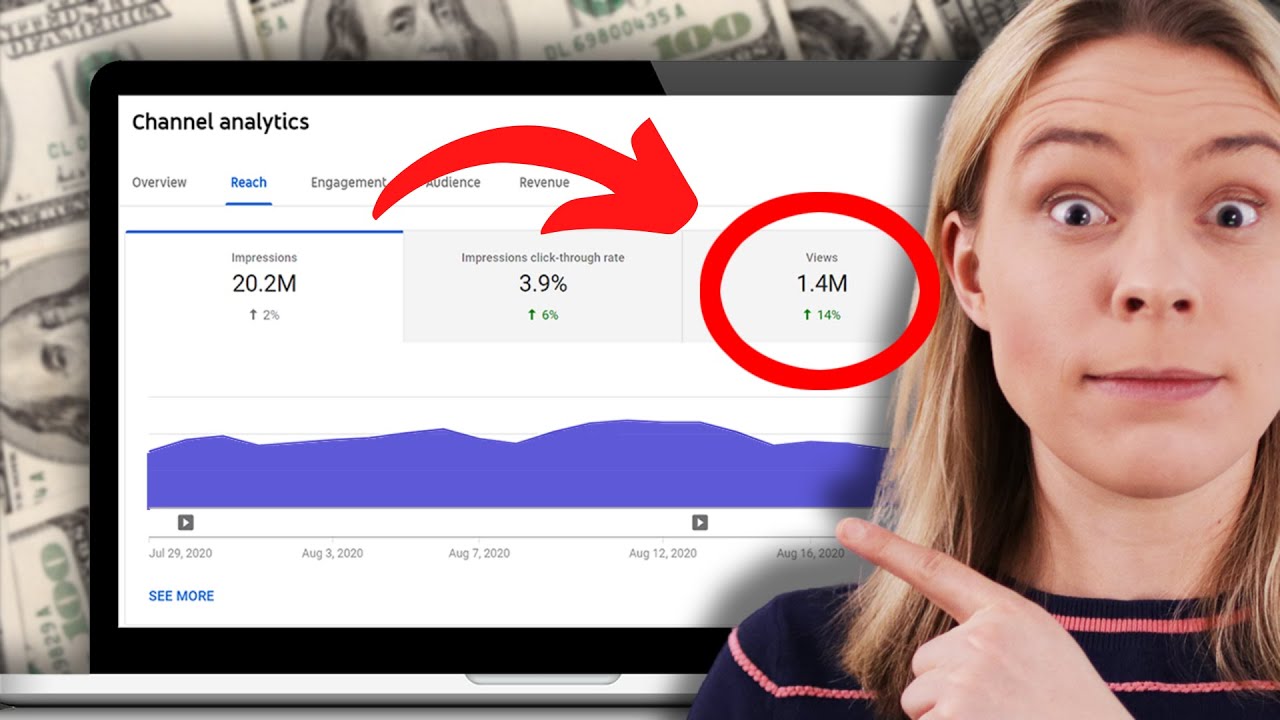Did you know that approximately 36% of workers in the United States are paid on a weekly basis? That’s a staggering number of individuals who face the unique challenge of managing their finances on a weekly schedule.
When you receive your paycheck every week, it can be easy to get caught up in the cycle of living paycheck to paycheck. However, with the right budgeting strategy in place, you can take control of your finances and build a solid foundation for a brighter financial future.
Key Takeaways:
- Understand the importance of budgeting when you get paid weekly.
- Learn effective tips and strategies for managing your finances on a weekly basis.
- Discover how to calculate and manage your income for successful budgeting.
- Establish financial goals and create a budget that aligns with your priorities.
- Stay committed to your budgeting journey by regularly monitoring your spending and making necessary adjustments.
How to Calculate and Manage Your Income

When it comes to budgeting on a weekly income, it’s important to have a clear understanding of your finances. Calculating your income and managing it effectively can help you make informed decisions and take control of your financial situation.
The first step in budgeting with weekly paychecks is to determine your monthly income. To do this, calculate your take-home pay, which is the amount you actually receive after deductions for retirement savings, insurance, and taxes. This will give you a realistic picture of your available funds to work with.
Once you have a clear understanding of your income, it’s time to choose a budgeting strategy that suits your needs. One popular approach is the 50/30/20 rule. This rule suggests allocating 50% of your income for needs, such as housing, utilities, and groceries, 30% for wants, such as dining out and entertainment, and 20% for savings and debt repayment.
Automating your savings is also a valuable strategy for budgeting on a weekly income. Set up an automatic transfer to a savings account each payday to ensure you consistently save a portion of your income. This can help you build an emergency fund and work towards your financial goals.
Regularly revisiting your budget is essential for successful budget management. As your income or expenses may change, it’s important to adjust your budget accordingly. Review your budget at least once a month to ensure it aligns with your current financial circumstances.
Benefits of Budgeting with Weekly Paychecks
Budgeting strategies for weekly paychecks offer several advantages. By managing your income on a weekly basis, you can:
- Maintain a better overview of your finances and avoid overspending
- Find opportunities to save money and reduce unnecessary expenses
- Stay on top of bills and avoid late payment fees
- Build a stronger financial foundation and work towards your long-term goals
With effective budgeting, you can make the most of your weekly income and gain financial stability. The next section will guide you through establishing financial goals and creating a budget that aligns with your needs and aspirations.
Establishing Financial Goals and Creating a Budget

Once you have a clear understanding of your income from weekly paychecks, it’s essential to establish financial goals and create a budget that suits your needs. Start by differentiating between your needs and wants. Needs include essential expenses like housing, utilities, and transportation, while wants encompass non-essential expenses such as dining out and entertainment.
Based on your income and expenses, set specific and achievable financial goals. Whether it’s paying off debt, saving for emergencies, or investing in your future, having clear objectives will help you stay focused on your financial journey. To achieve these goals, create a monthly budget that prioritizes your needs, allocates funds for your goals, and includes room for discretionary spending.
Managing your weekly budget effectively requires discipline and regular monitoring. Keep a close eye on your spending and make adjustments as necessary to stay on track. By tracking your expenses, you can identify areas where you may be overspending and make informed decisions to cut back. Remember, financial planning for weekly pay requires consistent effort, so stay committed to your budgeting journey and watch your financial goals become a reality.
You can also read: Calculating $25 An Hour Annual Salary
FAQ
How do I budget when I get paid weekly?
To budget effectively with weekly paychecks, start by determining your monthly income and choosing a budgeting method that suits your needs. Differentiate between your needs and wants, set financial goals, and create a budget that prioritizes your needs, goals, and savings.
What is the best budgeting strategy for weekly paychecks?
One popular budgeting strategy for weekly paychecks is the 50/30/20 rule. This rule allocates 50% of your income to needs, such as housing and utilities, 30% to wants, like dining out and entertainment, and 20% to savings and debt repayment. You can modify this strategy based on your individual circumstances, but the key is to prioritize your essential expenses, discretionary spending, and savings.
How often should I revisit and adjust my budget?
Regularly revisiting and adjusting your budget is essential for successful budget management. It is recommended to review your budget at least once a month or as needed. This allows you to track your spending, identify any necessary adjustments, and ensure that your budget aligns with your financial goals.
What should I do if my income fluctuates from week to week?
If your income fluctuates from week to week, it’s important to establish a baseline or average income. Look at your earnings over a few months and calculate an average weekly income. Use this average as the basis for your budgeting and adjust it as needed if your income significantly changes.
Is automated savings a good idea for managing a weekly paycheck?
Yes, automating your savings is a great idea for managing a weekly paycheck. Set up an automatic transfer to your savings account each week or when you receive your paycheck. This ensures that you consistently save a portion of your income without having to rely on remembering to do it manually.



